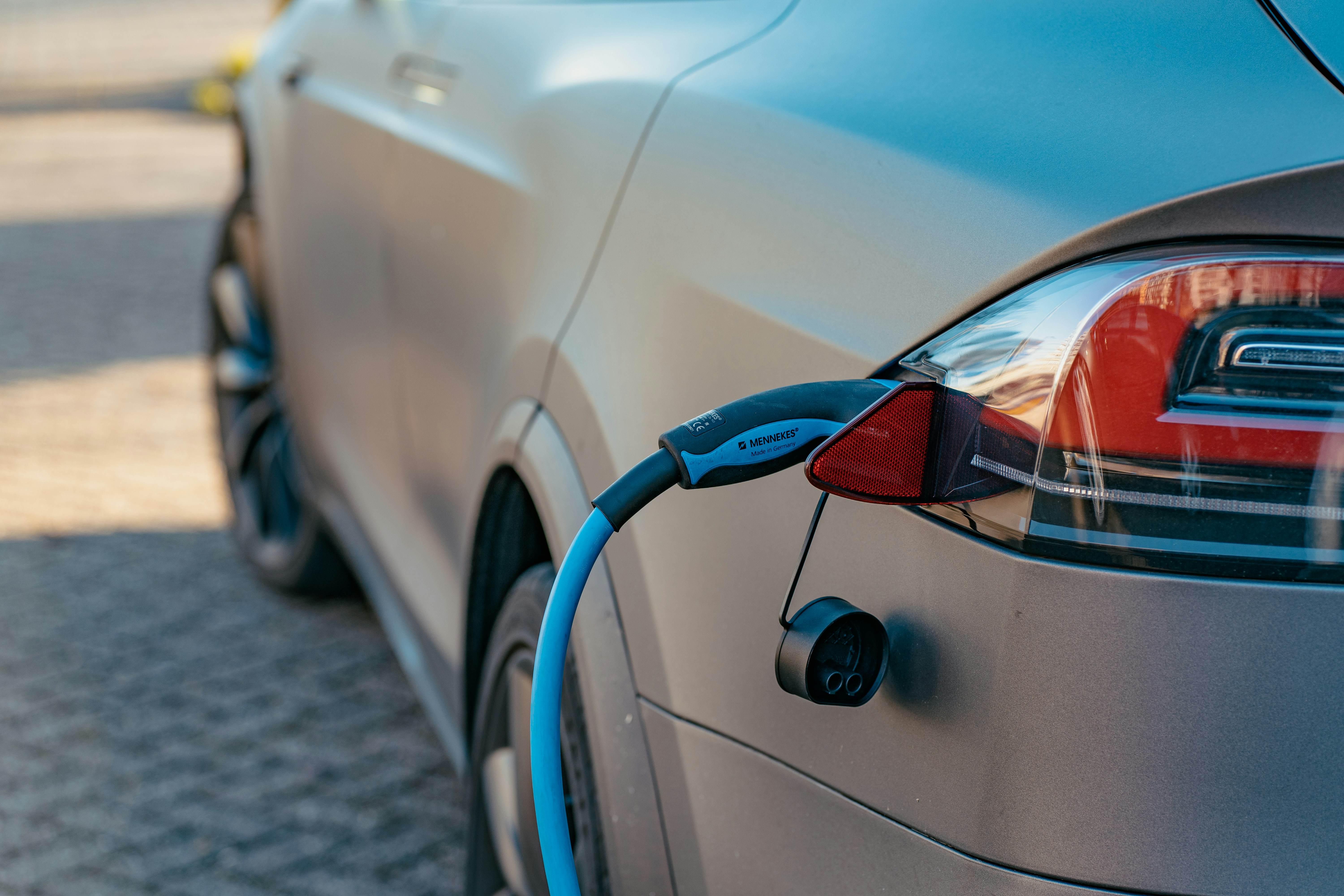In summer of 2023, Charge Ahead Partnership submitted comments to the Indiana Utility Regulatory Commission in Cause No. 45816. This docket served as an investigation by the Commission regarding the Public Utility Regulatory Policies Act (PURPA) Amendments included in the Infrastructure Investment and Jobs Act (IIJA) and the electrification of transportation. For more information on the PURPA Amendments, view the PURPA Amendments blog post.
This proceeding was also conducted against the backdrop of previously passed negative legislation. House Bill 1221, signed into law in 2022, included positive steps such as codifying the ability for electric vehicle (EV) charging station operators to sell electricity to the public without being regulated as a utility and encouraging language surrounding EV charging rate structures to encourage private investment and competitive pricing. However, this legislation also authorized electric utilities to seek commission approval for programs which could include utility-owned-and-operated charging stations paid for by electric ratepayers.
CAP encouraged the Commission to adopt policies to drive the growth of the EV charging network by preventing unfair competition from electric utilities and addressing demand charges, two key barriers to private investment. The Commission declined to formally adopt the federal standards, preferring to continue to consider EV programs on a case-by-case basis. In the final order for the docket the Commission determined that it possessed sufficient authority to promote the electrification of the transportation sector and that it was not necessary to implement the PUPRA standards. Additionally, the Commission directed the integrated resource planning (IRP) director to designate specific issues related to EV planning that utilities should include in its next IRP.
Resources
While CAP has not engaged in Indiana beyond this docket and the NEVI letter, if you have operations in the state or learn of activity that warrants CAP engagement, please do not hesitate to email us:


